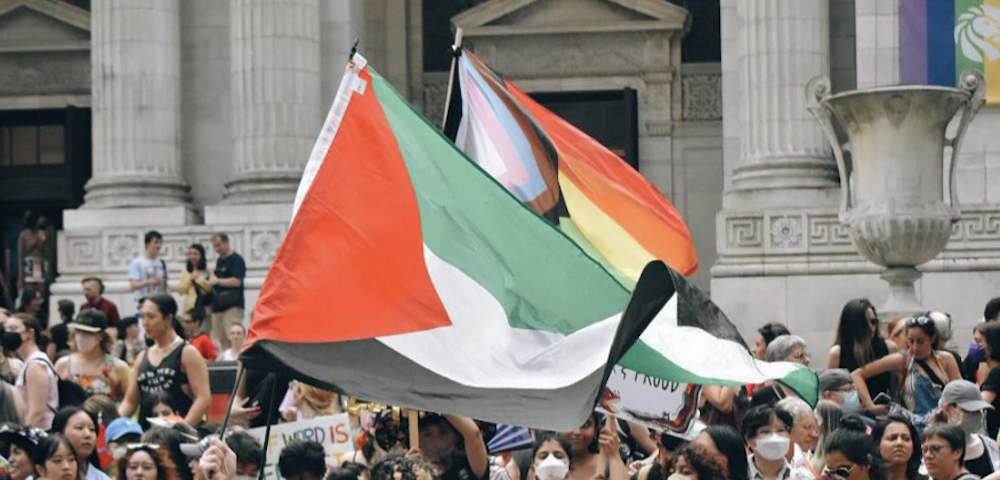
GREY MATTERS: An Ode To The Beauty & Dedication of Gay Bookshops

An Ode To The Beauty & Dedication of Gay Bookshops is the June edition from our fabulous monthly Grey Matters column, by Peter Benn.
With the death of American gay author Edmund White, we have lost another historian of the gay chronicles.
White was known as co-author of the classic The Joy of Gay Sex but he was also known within the New York, San Francisco, and Fire Island literary and gay sexual scenes over many decades.
These chroniclers of our history existed pre-internet, thanks to great support from gay and alternative bookshops worldwide.
New York had the amazing Oscar Wilde Memorial Bookshop from 1967 — its influence permeated across the globe. It informed, energised, and galvanised an entire generation, and inspired the establishment of local gay bookshops.
Sydney has had The Bookshop Darlinghurst since 1982 and Melbourne has had Hares and Hyenas from 1991.
Before then, Melbourne also had the infamous International Bookshop. Next to copies of The Communist Manifesto, adult sexual contact directories, left-leaning magazines, copies of Chairman Mao‘s Little Red Book and Australian Golden Boys (1970s Aussie male nudes), you could find imported copies of gay texts and theatre-related material (think After Dark magazine).
Dedicated gay bookshops were generally small but full of books, periodicals, gay newspapers, gay guidebooks, hand-printed newsletters, rainbow flags, buttons, posters, community brochures, and more. The owners curated their shelves as a living depository of everything gay. Author signings attracted enthusiastic crowds. Cruising was inevitably a bonus extra.
Such shops defied conservatism and allowed ideas of gay activism to flourish, and a vibrant, sharing, discovering, and diverse community found each other.
I suggest that much of our gay history still exists today because of these stoic and brave bookshop owners. They created a unique distribution outlet that coalesced everything gay into one location, where gay writers had a dedicated marketplace and our collective history could continue to be written and distributed.
That’s been a win/win situation for us all.









